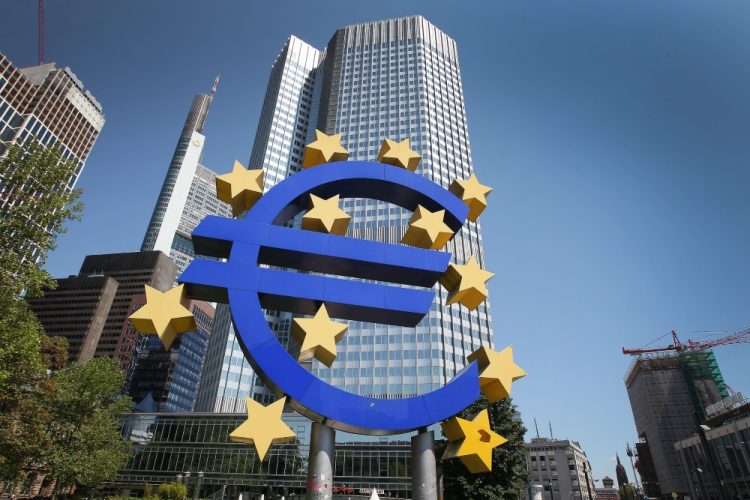ECB’s Schnabel says bond-buying volume is losing importance

The volume of the European Central Bank’s bond purchases is becoming “less important” as the economic outlook improves and the money-printing scheme becomes a tool for guiding rate expectations, ECB board member Isabel Schnabel said on Monday.
Schnabel’s comments were likely to be seen as setting the scene for a further reduction in the pace of bond buying as the euro zone’s economy recovers from a pandemic-induced slump and inflation expectations rise.
The ECB cut the pace of its Pandemic Emergency Purchase Programme (PEPP) earlier this month and is expected to end it in March. It is also running a smaller, older Asset Purchase Programme (APP), which it plans to end “shortly before” raising interest rates.
“As the inflation outlook brightens, it becomes less important how much a central bank buys or when a reduction in the pace of net asset purchases starts, but rather when such purchases end,” Schnabel told a Latvian conference.
“It is the end date which signals that the conditions for an increase in policy rates are getting closer. The precise sequencing and timing will, of course, require careful guidance when the time has come.”
The ECB is set to make a decision on PEPP and APP in December and Schnabel said the path ahead was still uncertain. Investors expect APP to be increased from April to make up for part of the missing PEPP volumes.
“Given the remaining uncertainty regarding the pandemic and the economic and inflation outlook, our asset purchases – both under the PEPP and the APP – will remain crucial in the time to come, paving the way out of the pandemic and towards reaching our inflation target,” Schnabel said.
ECB board members used a similar narrative in 2018 here as they prepared to stop APP for the first time.
